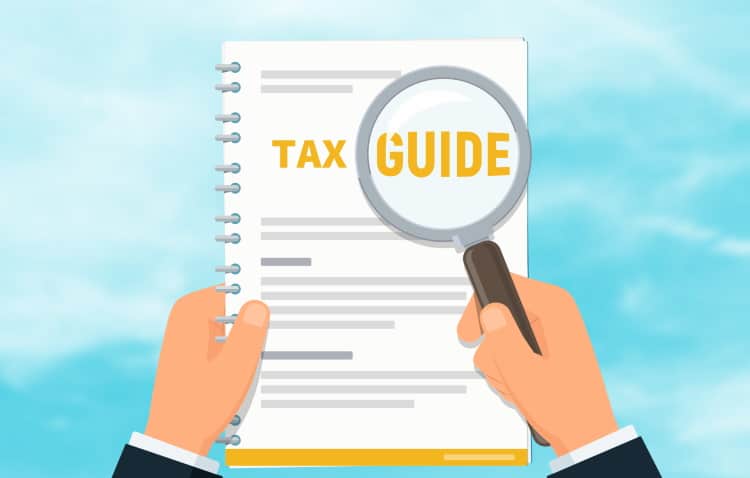
The mere mention of an audit can invoke feelings of stress and uncertainty, but fear not! In this article, we will equip you with five invaluable tips that will help you navigate the daunting terrain of a tax audit with confidence and poise.
So, take a deep breath, exhale any anxiety, and get ready to conquer your tax audit with grace and resilience.
1. Hire a Representative
Should you find yourself feeling uneasy at any stage of the tax audit process, it is well within your rights to request an adjournment to seek professional representation. The expertise and guidance offered by a seasoned tax professional can prove invaluable.
In fact, the cost associated with hiring the best tax agents often pales in comparison to the potential savings they can secure for you. Not only can a tax professional help you navigate the complexities of the audit process, but they can also ensure you’re fully aware of your rights and obligations.
2. Don’t Volunteer Any Information
The biggest mistake people make at audits is providing more information than the auditor asks for, leading to further scrutiny. Speak only when spoken to and answer only what has been asked. That way, you won’t give away any unnecessary information. Most importantly, be truthful and honest when answering the questions.
3. Bring the Right Documents
If you’ve been selected for an audit, you will have received a notification telling you what items are being audited, as well as a document telling you exactly what the IRS is looking at and what specific items and receipts you should bring.
They will most likely have a copy of your original tax return, and they may ask you to bring copies of tax returns from previous years. You will also need to bring your receipts and documentation for the items that have been selected for the audit process.
The depth of the information selected for audit could determine if they go through each individual receipt or whether they pull a sample and just look at selected receipts to substantiate the expenses.
If those receipts are not available, then a follow-up meeting may be scheduled. So you want to do your best to bring all the requested information to the initial audit meeting.
4. Be Polite
Remember, the auditor is just doing their job. They are there to ensure that all processes and procedures are being followed correctly and to identify any potential issues or areas for improvement. It is important to treat them with respect and provide them with any necessary information or assistance they may need during their audit.
5. Ask the Right Questions
Ask the auditor for a review of the audit at the end of it. Ask if there are any violations and what the next steps are. If the auditor finds any violations, those should be presented to you in writing and they should include some sort of appeals process.
Be sure to contact your attorney and inform them about the results of the audit and give them copies of any documents that you received from the IRS auditor.
If it’s your business being scrutinized and the audit went well, let your employees know. Not only will that give them a morale boost, but it’ll let them know that they’re working for an honest employer.
Audits are an unpleasant part of the tax landscape, but with the right approach, you can emerge from this experience unscathed and even wiser about your financial matters. So, face the audit with poise, stay organized, and trust in your ability to handle any challenges that may arise.
- Disorganized Attachment Style – Complete Relationship Guide - September 23, 2024
- Secure Attachment Style – Why It Matters and How to Get It - September 22, 2024
- Anxious Attachment Style: Causes and Relationship Strategies - September 20, 2024
